Bone and Joint Week, observed annually around mid-October, is a dedicated campaign that raises awareness about the importance of musculoskeletal health and the prevention of bone and joint disorders. Organised by the U.S. Bone and Joint Initiative, this week-long event focuses on educating the public about common conditions such as arthritis, osteoporosis, and back pain, and encourages individuals to take steps to maintain healthy bones and joints throughout their lives.
Bone and Joint Week also promotes the importance of early detection, proper treatment, and lifestyle changes that can prevent or manage musculoskeletal disorders. The campaign emphasises the need for physical activity, a healthy diet, and regular medical check-ups to support bone and joint health.
MSK-related problems and issues with the bones, muscles and joints, are the UK’s biggest cause of ill-health and the second largest cause of work absence, with an estimated 28 million working days lost per year1. More years are lived with a musculoskeletal disability than any other long-term condition.
There are more than 200 musculoskeletal conditions which:
- affect 1 in 4 of the adult population (many being young and of working age) which is around 9.6 million adults and 12,000 children in the UK (Graham Stringer (2011), Hansard, col: 1342) account for
- 30% of GP consultations, in England (Department of Health (2006), A Joint Responsibility: doing it differently, pp 16); are associated with a large number of co-morbidities, including diabetes, depression
- and obesity (Arthritis Research UK (2013), Musculoskeletal Health: a public health approach); account for over 25% of all surgical interventions in the NHS, and this is set to rise significantly over the next ten years (Arthritis Research UK (2013, Musculoskeletal Health: a public health approach);
- account for £4.76 billion of NHS spending each year (Department of Health (2011), Programme Budgeting Data 2009-10, June).
However, even if you have an MSK-related condition, life doesn’t have to stop.


